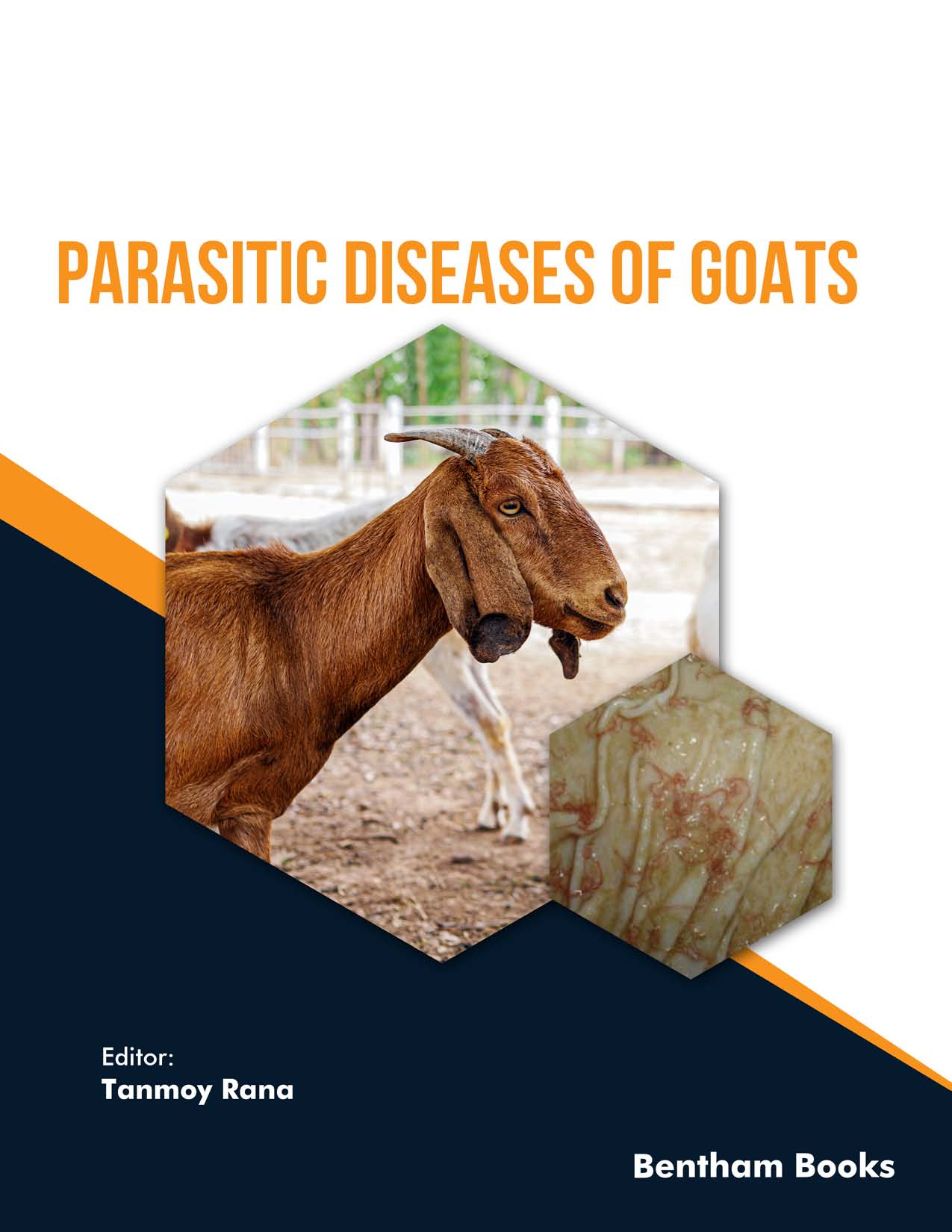Diagnostic Evaluation

- Authors: Amit Kumar Jaiswal1, Pradeep Kumar2, Vivek Agrawal3, Amit Singh4, Atul Prakash5, Shanker Kumar Singh6
-
View Affiliations Hide Affiliations1 U.P. Pt. Deen Dayal Upadhyaya Pashu Chikitsa Vigyan Vishwavidyalaya Evam Go Anusandhan Sansthan (DUVASU), Mathura (U.P.) 281 001, India 2 U.P. Pt. Deen Dayal Upadhyaya Pashu Chikitsa Vigyan Vishwavidyalaya Evam Go Anusandhan Sansthan (DUVASU), Mathura (U.P.) 281 001, India 3 Nanaji Deshmukh Veterinary Science University, Jabalpur482004, Madhya Pradesh, India 4 Acharya Narendra Deva University Of Agriculture And Technology, Kumarganj, Ayodhya 224229, Uttar Pradesh, India 5 U.P. Pt. Deen Dayal Upadhyaya Pashu Chikitsa Vigyan Vishwavidyalaya Evam Go Anusandhan Sansthan (DUVASU), Mathura (U.P.) 281 001, India 6 Acharya Narendra Deva University Of Agriculture And Technology, Kumarganj, Ayodhya 224229, Uttar Pradesh, India
- Source: Parasitic Diseases of Goats , pp 265-288
- Publication Date: December 2024
- Language: English
Parasitic infections in goats adversely affect health and productivity and are a major concern worldwide, leading to severe economic losses to the goat industry. The use of anti-parasitic drugs has been proven to be effective in the prevention and control of parasitic load in small ruminants. However, accurate diagnosis of parasitic infection is of utmost importance, which helps in the selection of the most suitable therapeutic agents and reduces the indiscriminate use of anti-parasitic drugs. The conventional diagnostic methods, such as microscopic examination of excretions, secretions, and blood smear for parasites, even nowadays are considered to be "gold standard" techniques in diagnosis, whereas the advancement in clinical diagnostic methods with rapid screening procedures and introduction of molecular biology tools without sacrificing sensitivity, value-added tests, and point-of-care tests overcome the issues related with these conventional methods. Recent diagnostic evaluation of parasitic diseases is performed by serology-based tests, parasite DNA-based molecular methods and proteomic technology. Serology-based tests/ assays are helpful for screening of large number of goats at a time, whereas the parasite DNA-based molecular methods are found helpful for the diagnosis of parasite with very high sensitivity and specificity. Recently, the use of proteomic technology with host or parasite protein as a biomarker opens a new horizon for parasite disease diagnosis. The current chapter discusses the detailed conventional methods and alternative approaches for the diagnosis of parasite disease.
-
From This Site
/content/books/9789815256628.chapter-11dcterms_subject,pub_keyword-contentType:Journal -contentType:Figure -contentType:Table -contentType:SupplementaryData105

